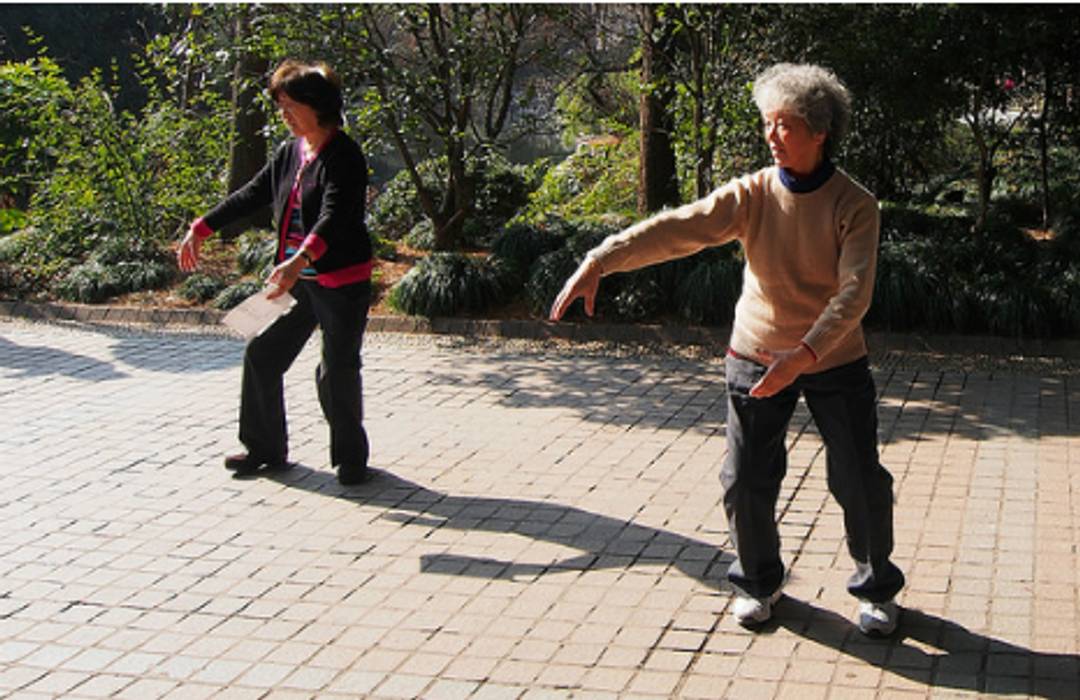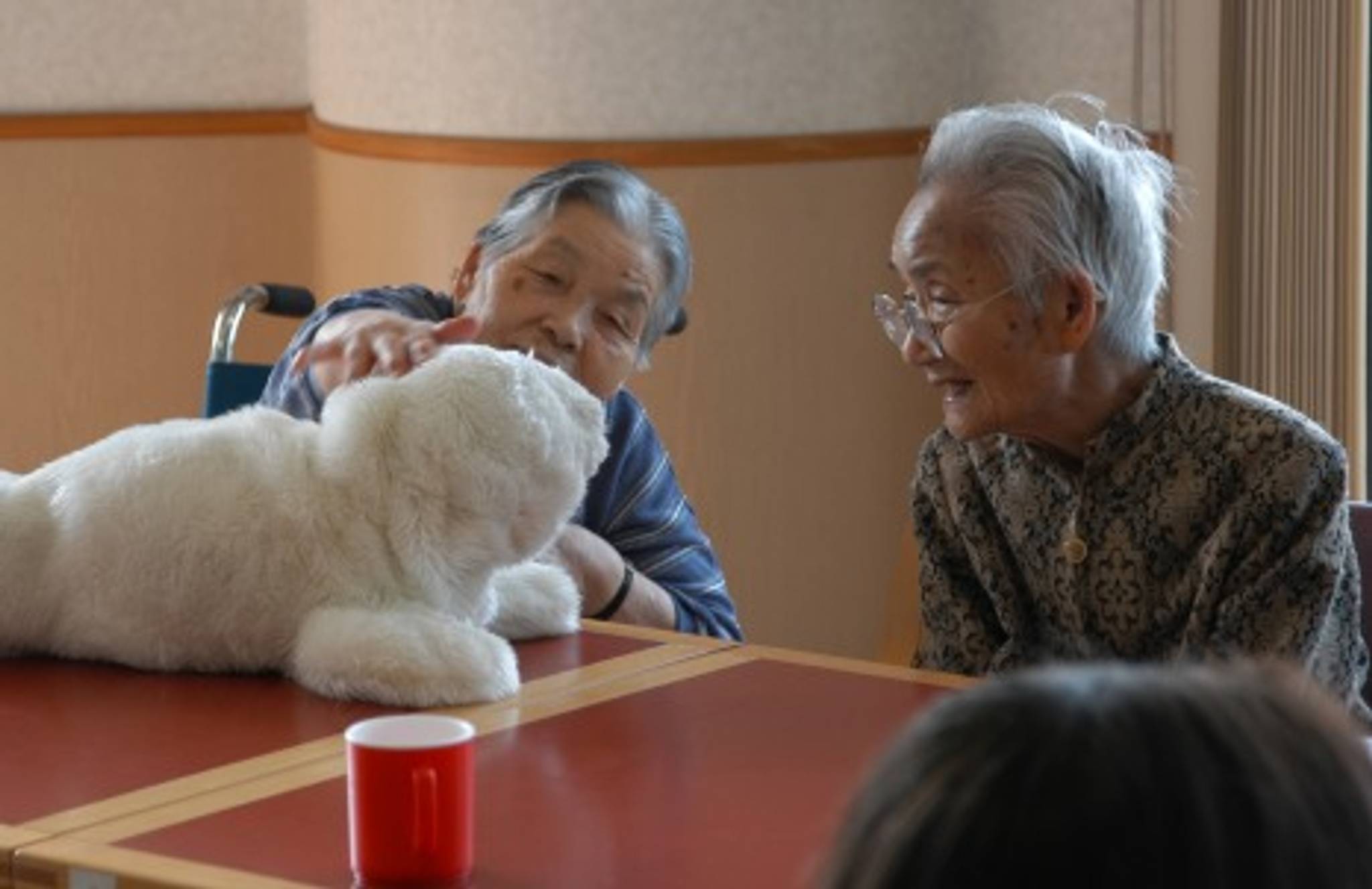Signal30 Oct 2014
Japanese grandmas are fitter than Gen ZMany of us like to think that we’re ageing well - in Japan, elderly women have shown up their younger counterparts by recording the highest fitness levels of the 65 to 74 age group since records began in 1998. But how are they staying so healthy?

©Wilson Hui



